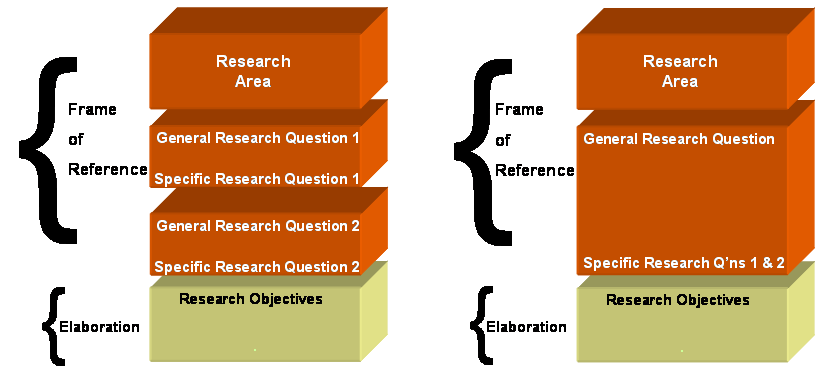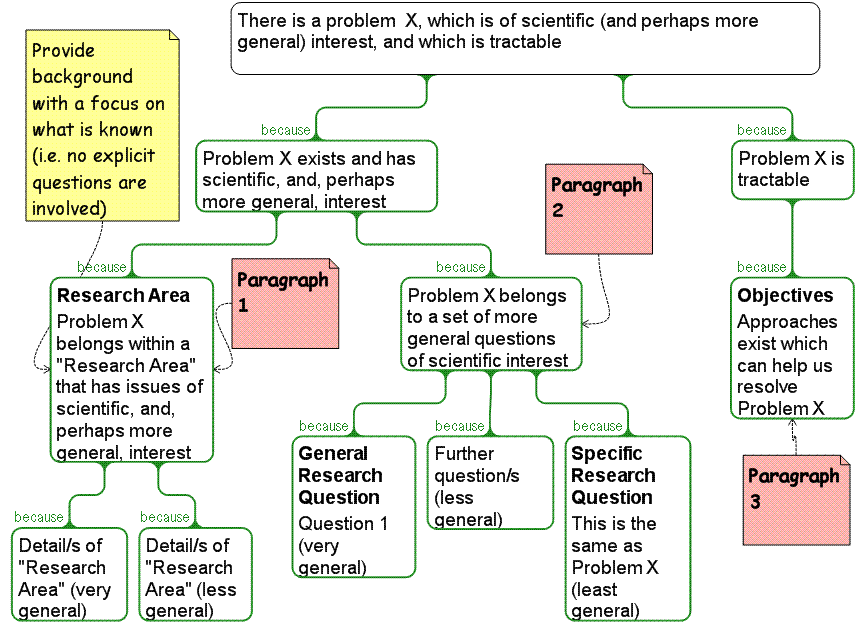The Science Of Scientific Writing Set I The paper as a whole Coherence: The thread problem et al. Exercise 1 Final Page .
OVERVIEW: The way to well-written science
PART I: Paragraphs and Sentences
SET A: Paragraphs: The Maps Behind Them
SET B: Paragraphs: Using Maps to Meet Readers' Expectations
SET C: Paragraph Coherence and Cohesion
SET D: Sentences
SET E: Scientific Sections (including Methods)
SET F: Scientific Sections: The Discussion
SET G : Scientific Sections: The Introduction
SET H : The Paper as a Whole
Exercises 1 and 2
Exercise 1
Choose a paper in your field and critique it in terms of how well it complies with the expectations readers have at the level of the "paper as a whole". In particular, look to
the locations in the list below, to see whether a reader who skims the paper would or would not be confused as to the questions/solutions addressed in the paper.
(1) The statement of the Specific Research Question/s in the Introduction
(2) The first (Frame of Reference) paragraph of the Discussion
(3) The sub-headings of the Discussion
(4) The Title
(5) The Abstract
Also: how well does the paper satisfy the expectation that the paper will ahve a prominet "backbone" i.e. a main Problem-Solution axis
Exercise 2
Here you will redo the very first exercise that you did in this course. That is, you will write up an Introduction to your own research project, guided now by the knowledge acquired during the course. It should have one of the typical structures shown below, depending on whether your work addresses multiple problems, and how inter-related they are.

If you want to, use the map below to help you generate the content. You can drag it to the Rationale workspace if you are viewing the page using Rationale's inline browser.
......
